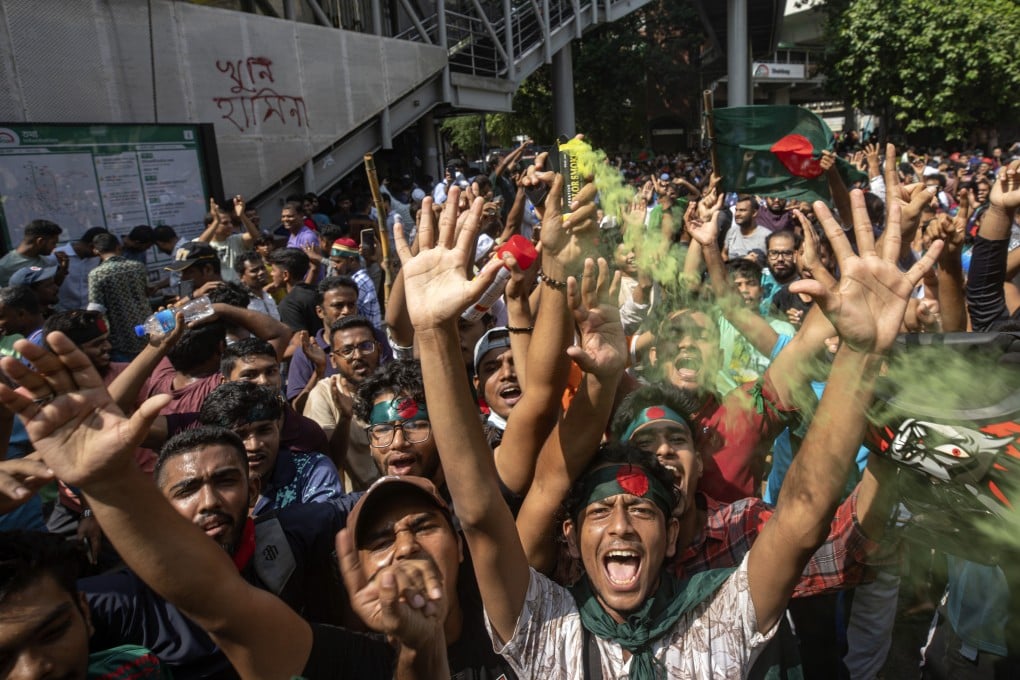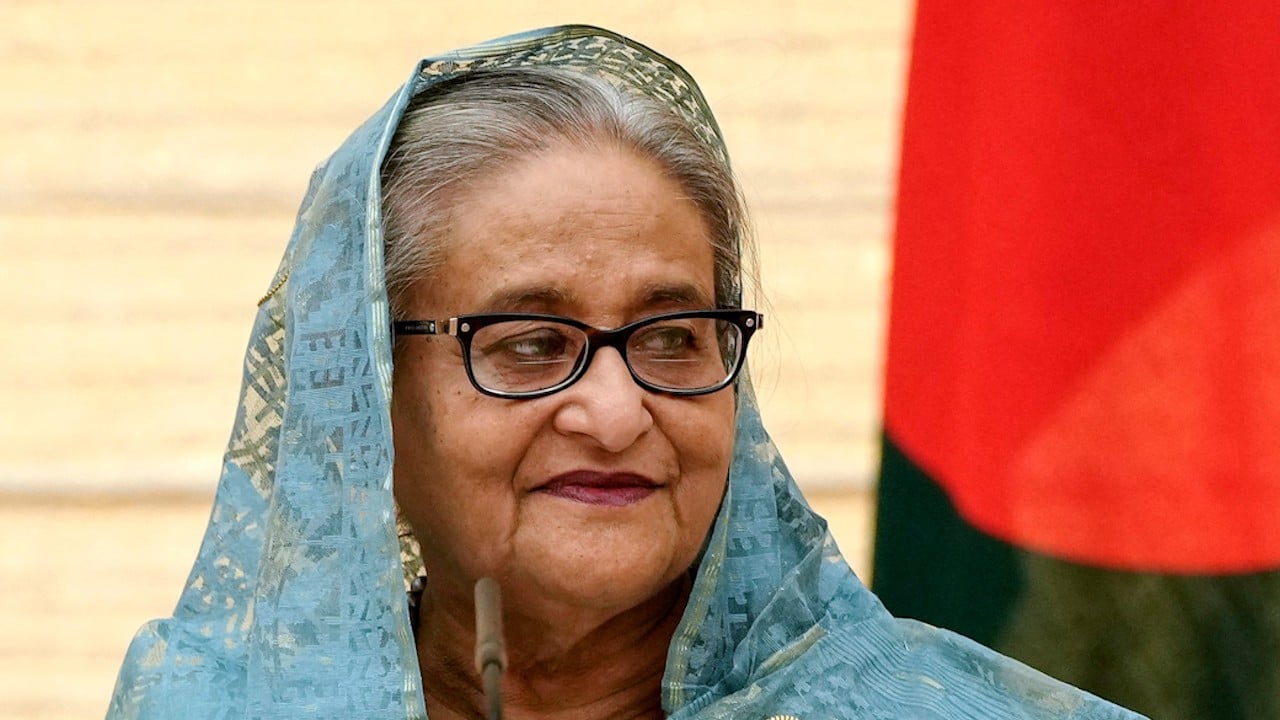Advertisement
Asian Angle | How Bangladesh, Myanmar and Thailand are challenging authoritarian rule
Political shifts across Asia show the struggles of democratic movements – and why backing despots is not always a safe bet
Reading Time:4 minutes
Why you can trust SCMP
0

This year, roughly half the world’s population will have taken part in more than 60 national elections, including in three of Asia’s most populous democracies – India, Indonesia, and Bangladesh. This would appear to be a banner year for Asian democracy. But in three countries where we work to promote and protect human rights – Bangladesh, Myanmar, and Thailand – mass democratic movements continue to face significant resistance from seemingly unyielding authoritarian institutions. So, is democracy in Asia regressing or progressing?
In Bangladesh, a democratic movement led by students recently swept Prime Minister Sheikh Hasina out of power, ending more than 15 years of her authoritarian politics.
Following January’s elections, millions of Bangladeshis from all walks of life flooded the streets to protest unfair quotas for civil servant jobs, which quickly grew into a broader movement advocating for democracy, human rights, and ultimately, Hasina’s resignation. In response, she ordered a bloody crackdown, resulting in the deaths of more than 600 people and the mass arrest of protesters.
The tides turned quickly. On August 5, Hasina fled to India. Soon after, protest coordinators negotiated with the military to establish an interim government and appoint Nobel Peace Prize laureate Muhammad Yunus as chief adviser. Other ministers have been sworn in, but the situation in the country remains volatile, with social tensions running high.
The new administration must now weed out corrupt officials, revise problematic laws, and construct institutions that uphold and defend universal human rights. To ensure the stability of Bangladeshi democracy, there must also be accountability for past crimes, including the prosecution of Hasina and others involved in the crackdown.
Bangladesh should only look to its neighbour Myanmar to see how impunity can lead to devastating consequences. Decades of impunity for its atrocities emboldened the country’s military to carry out an illegal coup in 2021 and subsequently launch a widespread, systematic, and ongoing attack on the civilian population.
Advertisement


